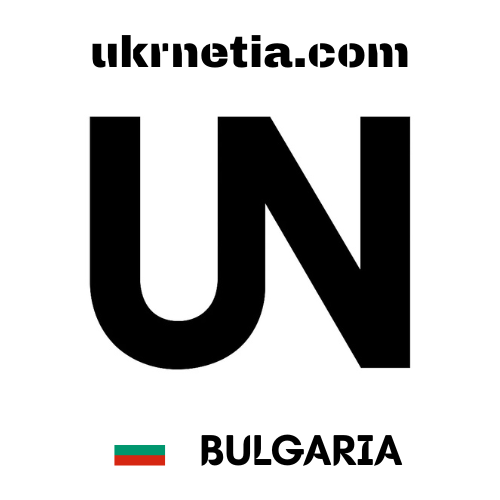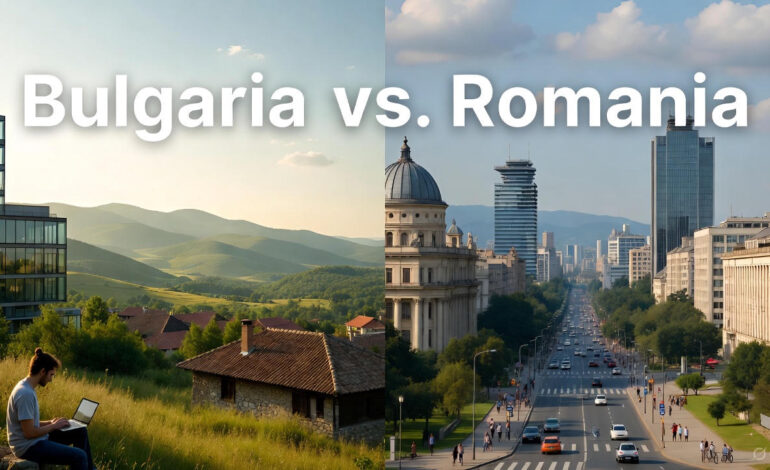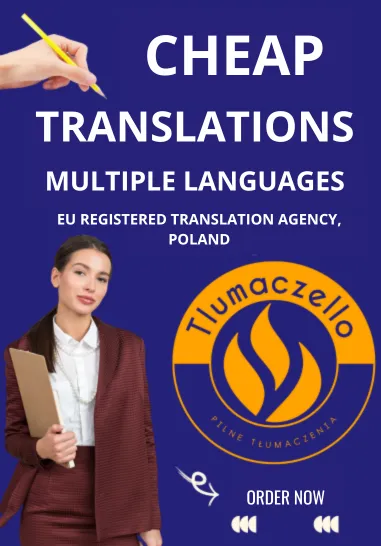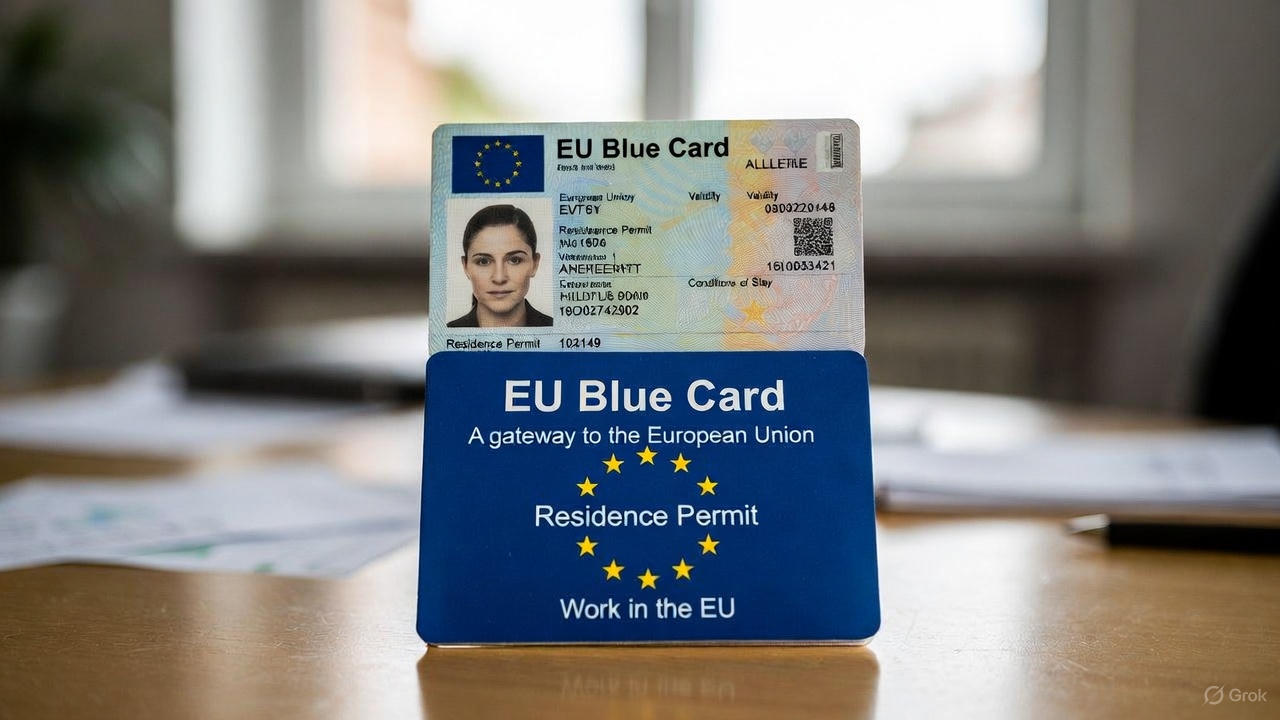Navigating Bulgarian Long-Stay Visas for Non-EU Citizens: Employment and Business Investment Pathways

As of November 2025, Bulgaria—now a full Schengen Area member since January 1—continues to attract non-EU citizens from third countries seeking opportunities to work or invest in its burgeoning economy. While the EU’s Digital Nomad Visa remains a popular option for remote workers, many prefer the “usual” long-stay pathways under the Foreigners in the Republic of Bulgaria Act. These include Type D visas for employment and business activities, which pave the way for temporary residence permits and eventual permanent residency or citizenship. Unlike short-stay Schengen visas (Type C), Type D visas allow multiple entries for up to 6–12 months and explicitly authorize work or investment-related stays.
This guide outlines the key requirements, procedures, and tips for obtaining a Bulgarian Type D visa for employment or business investment. Note that processes can vary by nationality and consulate, so always consult the nearest Bulgarian embassy or the Ministry of Foreign Affairs website for personalized advice. Processing times typically range from 30–60 days, and fees are around €100 for the visa application, plus additional costs for permits and translations.
Type D Visa for Employment: Securing a Job and Work Authorization
For non-EU citizens aiming to work as an employee in Bulgaria, the process revolves around a job offer from a Bulgarian employer. This isn’t a standalone “work visa” but a Type D visa tied to a work permit, leading to a unified residence and work permit (valid up to 3 years, renewable). Bulgaria prioritizes local and EU talent, so employers must prove no suitable Bulgarian/EEA/Swiss candidate exists via a labor market test.
Eligibility Criteria
- Job Offer: A binding employment contract or offer for at least 6 months, with a salary meeting Bulgarian minimums (around €1,000/month gross in 2025) and not below what a local would earn.
- Qualifications: Relevant education, experience, or skills for the role. For high-skilled positions, consider the EU Blue Card if you earn at least 1.5 times the average Bulgarian salary (€2,000+ gross/month) and hold a university degree or 5+ years of equivalent experience—no labor market test required.
- Quotas: Non-EU hires can’t exceed 10–20% of the company’s workforce, based on the prior 12 months.
- Other: Clean criminal record, health insurance (€30,000 minimum coverage), and proof of accommodation.
Family members (spouse, minor children) can join via family reunification after your permit is granted.
Step-by-Step Application Process
- Secure a Job: Network via platforms like LinkedIn, Jobs.bg, or the Bulgarian National Employment Agency (NEA). Your employer initiates the work permit application.
- Employer Applies for Work Permit: Submitted to the NEA (local branch). Includes labor market test (job ad for 15–30 days), company details, and your CV/qualifications. Approval takes 14–30 days; no fee, but employer covers costs.
- Apply for Type D Visa: At your home country’s Bulgarian embassy/consulate with:
- Valid passport (6+ months validity).
- Completed Type D application form.
- Work permit approval.
- Employment contract.
- Passport photos, health insurance, criminal record certificate (apostilled/translated to Bulgarian).
- Proof of funds (€500+ for subsistence). Processing: 15–45 days; multiple entries allowed.
- Enter Bulgaria and Apply for Residence Permit: Within visa validity (up to 180 days), submit to the Migration Directorate (Ministry of Interior) in Sofia or regional offices. Includes biometrics; fee ~€50–€100. Issued for contract duration (up to 1 year initially, renewable).
- Register and Comply: Employer registers you with social security. After 5 years, apply for permanent residency; EU long-term status after 5 continuous years.
EU Blue Card Alternative: Faster for skilled workers—apply directly after job offer, no quota. Valid 4 years, mobility to other EU states after 18 months.
Type D Visa for Business Investment: Launching or Expanding Ventures
For entrepreneurs and investors, Bulgaria offers Type D visas under business categories, emphasizing job creation and economic contribution. No massive “golden visa” threshold like €512,000 for residency (that’s a separate program), but investments must generate local employment. Ideal for starting a company, representing a foreign firm, or investing in disadvantaged regions.
Key Visa Categories
- Business Activity Visa (Investor/Entrepreneur): For those employing at least 10 Bulgarian citizens through commercial activities. Minimum company capital: ~€1 (for LLC). Investment in assets: €250,000+ in underdeveloped areas for enhanced approval.
- Company Representative Visa: Easier for foreign company reps opening a trade office—no 10-job requirement, but must show business intent (e.g., market research, partnerships).
- Startup Visa: For innovative businesses with €50,000+ initial capital; 1-year visa, renewable up to 3 years.
These lead to a 1-year residence permit, renewable if jobs/investments persist.
Step-by-Step Application Process
- Prepare Business Plan: Outline investment, job creation (at least 10 full-time Bulgarian roles), and economic impact. Register company via Commercial Register (takes 3–7 days; ~€50 fee).
- Obtain Preliminary Approvals: For investment visas, get clearance from the Ministry of Innovation and Growth or InvestBulgaria Agency (for larger sums). Submit business docs, financial proofs, and employment projections.
- Apply for Type D Visa: At Bulgarian embassy/consulate:
- Application form and passport.
- Business registration/extract from Commercial Register.
- Proof of investment (bank transfers, asset docs).
- Employment contracts for 10+ Bulgarians (or rep office setup).
- Health insurance, criminal record, accommodation proof. Processing: 30 days; requires in-person interview.
- Enter and Apply for Residence: Within 90 days of arrival, file with Migration Directorate. Includes company financials and job verification; fee €100–€200. Valid 1 year, renewable annually.
- Maintain and Scale: Hire locals promptly; after 5 years, qualify for permanent residency. Flat 10% corporate tax aids growth.
For larger investments (€512,000 in funds/stocks), consider the Golden Visa for direct permanent residency—separate but complementary.
General Tips and Considerations
- Documents: All non-Bulgarian/English docs need certified translations and apostilles. Use services like the NEA or immigration lawyers (€500–€2,000 total).
- Costs: Beyond visa fees, budget €200–€500 for admin, plus relocation. No physical presence required annually for most permits.
- Schengen Benefits: Type D counts toward Schengen stays; full access post-residency.
- Risks: Rejections stem from incomplete docs or unmet quotas—double-check with mfa.bg or embassies.
- Next Steps: After 5 years, permanent residency; citizenship possible after 5–10 years with language/integration tests.
Key Options and Requirements
| Pathway | Description | Eligibility Criteria | Required Documents | Validity & Renewal |
|---|---|---|---|---|
| Trade Representative Office (TRO) | Fastest route: Open an office to promote your foreign business in Bulgaria. | – Foreign company appoints you as rep. – Register with Bulgarian Chamber of Commerce. – No min. investment, but prove business viability. | – Foreign company docs. – Appointment letter. – Office lease proof. | Up to 1 year, renewable. Processing: 2-3 months total. |
| Business Setup (LLC) | Form a Bulgarian company and hire locals. | – Invest in company setup. – Hire ≥10 Bulgarian citizens full-time. – Hold ≥50% shares. | – Company registration (Commercial Register). – Employment contracts for 10+ locals. – Business plan. | Up to 1 year, renewable if jobs maintained. |
| Startup Visa | For innovative tech startups. | – Min. capital: BGN 100,000 (~€51,000). – High-tech/innovative project approval by Ministry of Innovation and Growth. | – Business plan. – Proof of funds. – Certificate from ministry. | Up to 12 months, renewable. |
| Golden Visa (Permanent Residency by Investment) | Direct path to permanent residency via funds or assets. | – Invest €512,000 in Alternative Investment Funds (AIFs), ETFs, or Bulgarian stocks. – Or €312,000 in real estate via Bulgarian company (for temporary, upgradable). – Clean funds source; AML checks. | – Investment proof (fund subscription). – Passport, criminal record. – Application via National Revenue Agency. | Permanent (indefinite), but investment held 5 years for citizenship path. Family included. |
| High-Value Investment | For large-scale projects. | – €256,000+ in company assets + 10 jobs. – Or innovative project certification. | – Investment receipts. – Job creation proof. | Up to 5 years temporary, then permanent. |
Application Process for Business Investment Pathways
- Prepare Investment/Business: Register company or fund investment (e.g., via lawyer). For TRO, file with Chamber of Commerce (1-2 weeks).
- Apply for Type D Visa: Submit at consulate with business docs (e.g., registration certificate, investment proof). Fee: €100.
- Enter & Apply for Residence: At Migration Directorate within 90 days. For Golden Visa, direct permanent application possible post-investment.
- Compliance Check: Annual audits ensure jobs/investments maintained. No min. stay for most, except real estate (183 days/year for upgrade).
Bulgaria’s low costs (10% flat tax, affordable living) make it a gateway to Europe for ambitious non-EU citizens. For tailored help, contact the Bulgarian embassy in your country or firms like Lawyers-Bulgaria. Safe travels to your new chapter!









